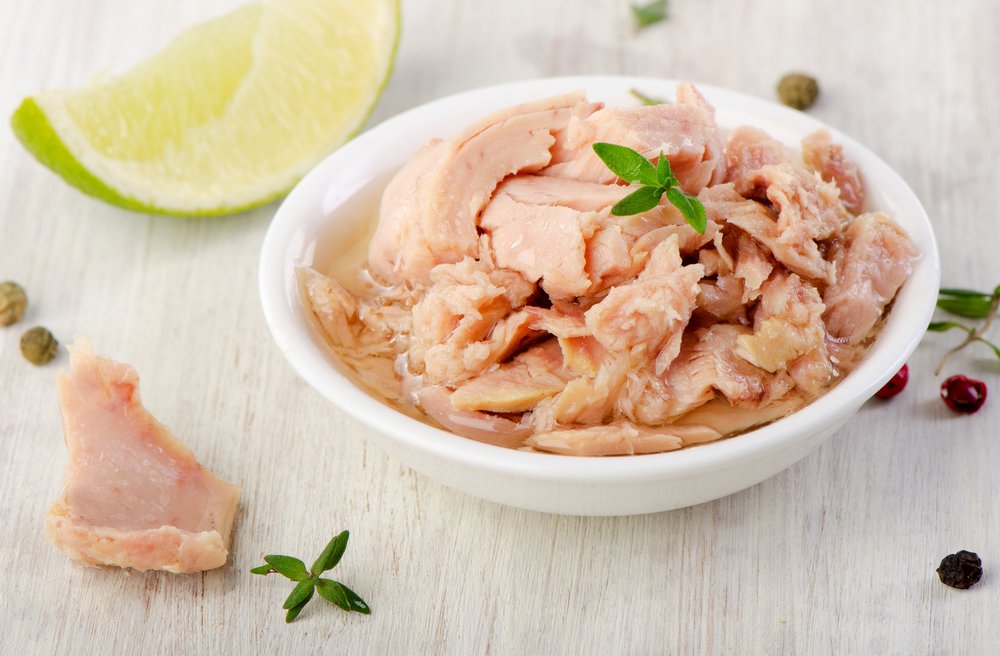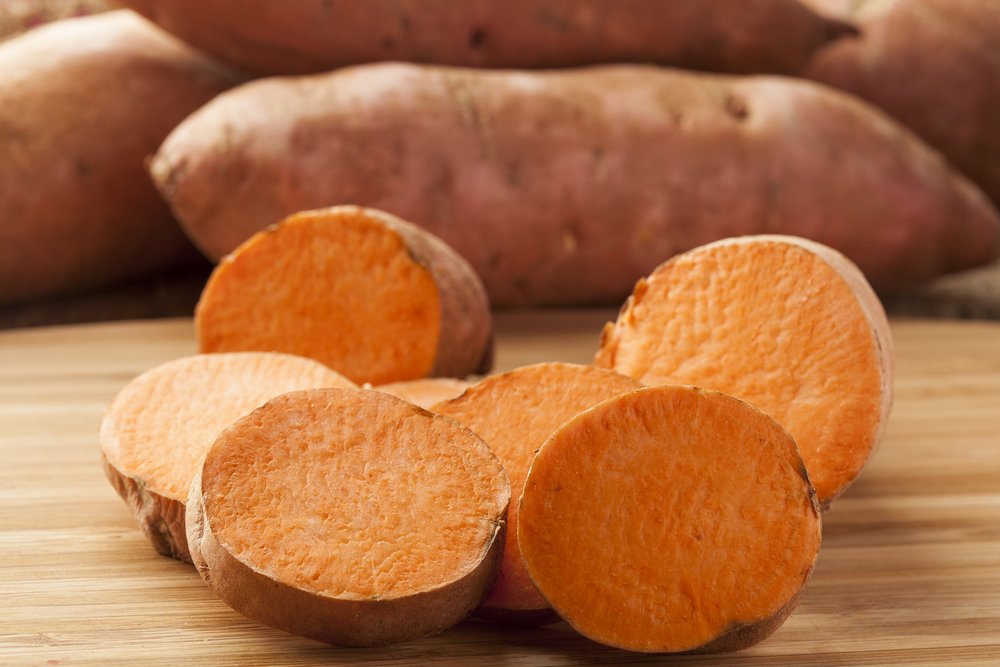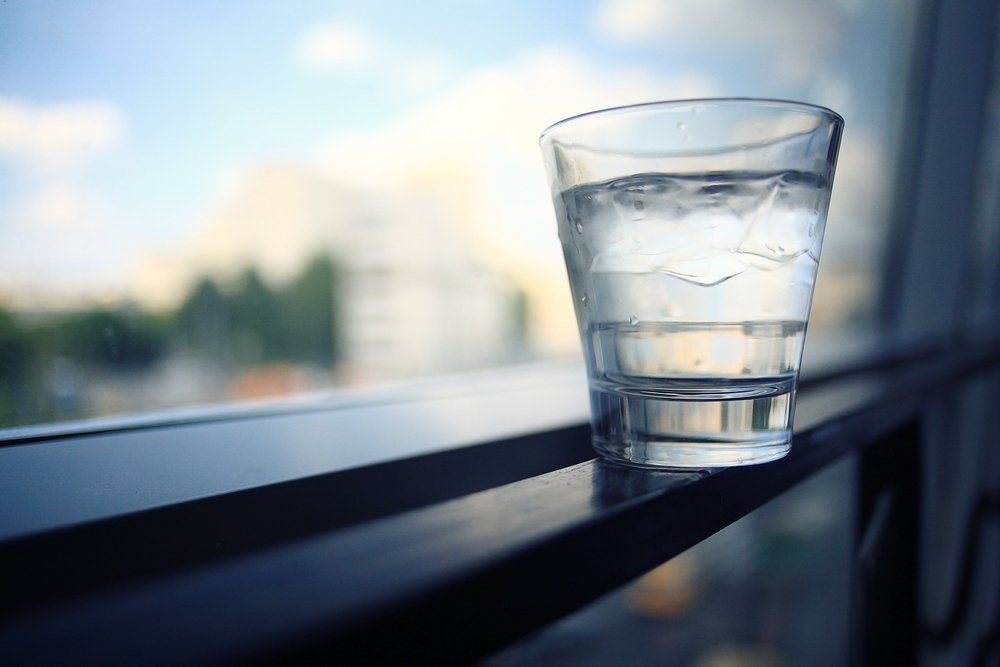7 Foods to Eat for Healthier Skin

Skin is the body's largest organ and it requires as much care and attention as your heart or your muscles. There are plenty of products out there that can help you take care of your skin and achieve that sought-after glow. However, the secret to a healthy, radiant sheen may simply be in the foods you eat. Next time you're looking to give your skin a boost, consider adding these seven foods to your diet.
Salmon

One of the nutrients that gives skin its healthy glow is vitamin D. You can normally get enough of this nutrient from sun exposure, but it's also easy to obtain in a balanced diet. One serving of salmon (three ounces) provides you with 162% of your daily vitamin D intake.
Citrus Fruits

Another vitamin our skin needs is vitamin C, which helps it to heal properly. Citrus fruits such as oranges or pineapples will provide you with over 100% of your daily vitamin C intake. These fruits tend to be high in water, too, which helps to hydrate those skin cells.
Tuna

Vitamin B6 helps the skin protect itself from diseases and disorders. It also prevents skin around the mouth from cracking and drying out. Tuna is a significant source of vitamin B6, and one cup contains 27% of your daily vitamin B6 intake. You can supplement this by incorporating sweet potatoes into your diet, one serving of which will add another 29% to your vitamin B6 intake.
Nuts and Seeds

Skin is very susceptible to sun damage. In order to protect yourself, choose foods that are high in niacin (vitamin B3). Tuna is one such food, but vegetarians and vegans can find other rich sources such as peanuts or sunflower seeds.
Soybeans

The vitamin B family is a powerful protector against disease and disorders. Vitamin B2, or riboflavin, helps to protect the skin around the mouth and nose. Soybeans are a great source of this micro-nutrient, containing nearly 30% of your daily intake.
Sweet Potato

The skin also benefits from a healthy dose of vitamin A, which is good for maintaining not only skin, but hair and nails, too. To get your recommended amount of vitamin A, incorporate lots of vegetables into your recipes. A good source of this vitamin is sweet potato, as it contains more than 700% of your recommended intake.
Water

The best thing you can consume to achieve healthy skin isn't a food at all. Because the human body is approximately 55–75% water, your cells (especially skin cells) require water to function properly. To hydrate your skin and maintain a healthy body, the Institute of Medicine recommends 2.7 liters (11 cups) of water a day for adult women and 3.7 liters (15 cups) of water a day for adult men—these amounts account for total fluid intake from both food and drinks.
Our skin plays a vital role in our overall health. It protects the body from infections and diseases, and helps keep our immune system strong. It's important that we take care of it, so stock up on these seven foods and get ready to eat your way to better skin health.
Photos: mama_mia / Shutterstock.com, Lukasz Kowalewski, Piotr Lohunko, bitt24 / Shutterstock.com, Golbay / Shutterstock.com, Nuts.com, Brent Hofacker / Shutterstock.com, Kichigin / Shutterstock.com
Healthy Eating
- Healthy Snacks
- Healthy Meals
- Healthy Recipes
- Sports Nutrition
- Nutrition and Special Diets
- 21 Day Fix
- 5 Popular Diet Similarities
- Alkaline Diet
- Anti-Inflammatory Diet
- Calorie Counting
- Carb Cycling Diet
- Celiac Disease
- Cholesterol
- Clean Eating
- Crohn's Disease
- DASH Diet
- Detox Diet
- Diabetes
- Diabetes Diet
- Diet Pill Dangers
- Fat Burning Foods
- Gluten-free Diet
- Glycemic Index
- Heart Health
- High Blood Pressure Diet
- High Fiber Foods
- How to Eat Healthy
- How to Lower Blood Pressure
- Hypertension
- IBS Diet
- Ketogenic Diet
- Liquid Diet
- Low GI Foods
- Low-Carb Diet and Foods
- Low-Fat High-Carb Diet
- Mediterranean Diet
- Mediterranean Diet Foods
- Military Diet
- Nutrition Labels Explained
- Paleo Diet
- Raw Food Diet
- Superfoods
- Sustainable Weight Loss
- Thrive Diet
- Vegan Diet
- Vegetarian Diet
- Weight Loss Shakes
- Whole30
- Vitamins, Minerals & Nutrients
